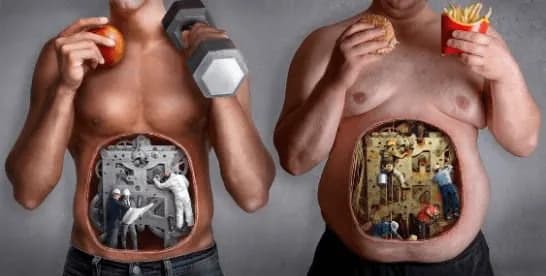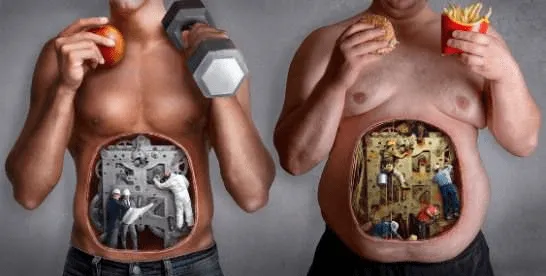
Ready to Start Your Wellness Journey?
Become a Herbalife Preferred Member and enjoy exclusive discounts of up to 25% on all products.
BECOME A PREFERRED MEMBERMetabolism: How Your Body Burns Calories
Metabolism

Metabolism - You probably say the word "calories" at least 10 times a day, especially if you're trying to maintain, gain or lose weight. But do you really know what a calorie is? Understanding this unit of energy measurement and how it is released into and used by the body will shed new light on the best foods you can eat for successful calorie management.
Truths and myths about metabolism
In truth, your body weight and your metabolic rate are linked, but perhaps not in the way you might think. Simply stated, the term metabolism refers to all the chemical processes that your body undergoes every day in order to keep you alive. When your body converts the calories in your food into energy, or manufactures specialized chemicals that your cells need in order to do their job, those are metabolic processes. These hundreds of processes your body performs every day make up your metabolism.
I can see how the term metabolic rate could confuse people. When you hear the word “rate,” you might think “speed” or “tempo.” So, it’s reasonable to assume that metabolic rate can only mean how fast (or slow) your body performs its work.
In reality, though, your metabolic rate—or, more accurately, your resting metabolic rate—refers to the number of calories you burn during a 24-hour period just to keep your body’s most basic processes going. These are processes like pumping blood, or breathing.
Of course, this isn’t all the calories you burn in a day, but your resting metabolic rate accounts for a sizeable chunk. About 75% of total calories you use up every day are used simply to keep your body ticking. Most of the remaining calories get used up during your daily activities and bouts of exercise.
Ready to Start Your Wellness Journey?
Become a Herbalife Preferred Member and enjoy exclusive discounts of up to 25% on all products.
BECOME A PREFERRED MEMBER